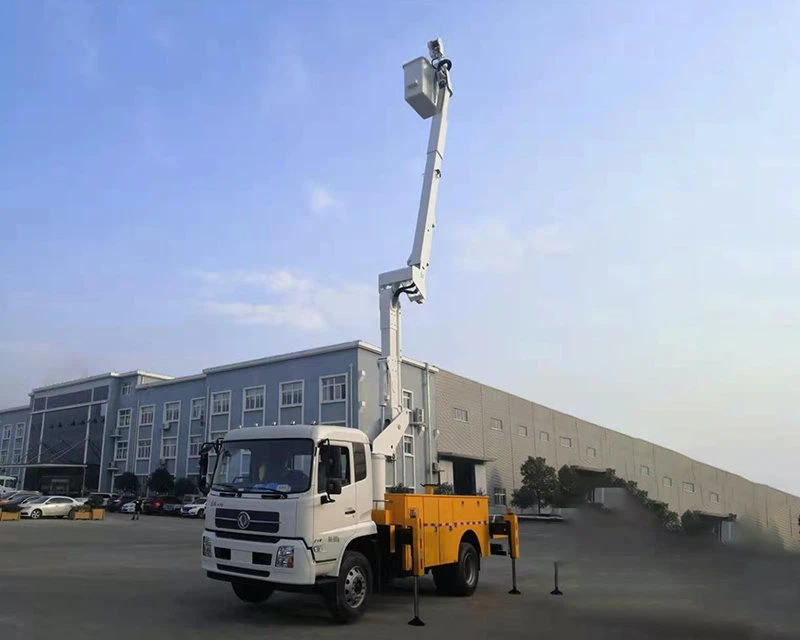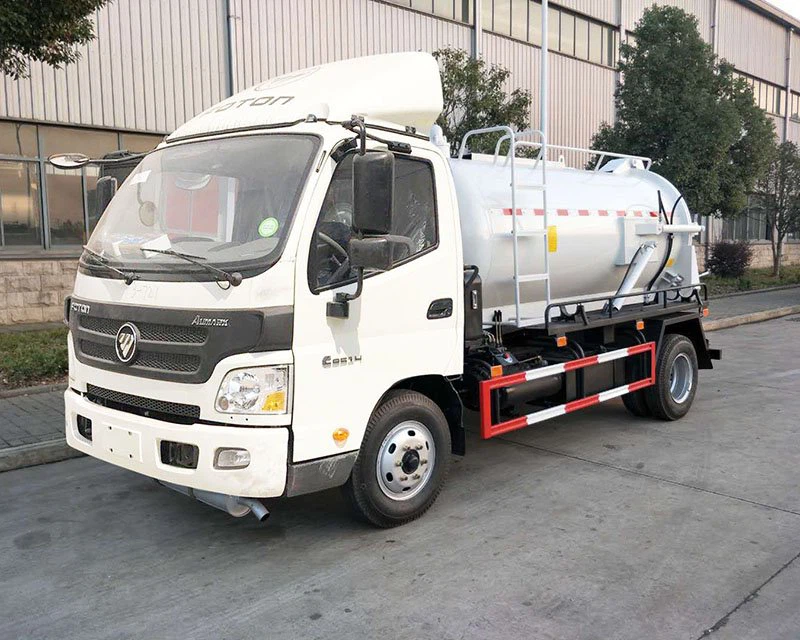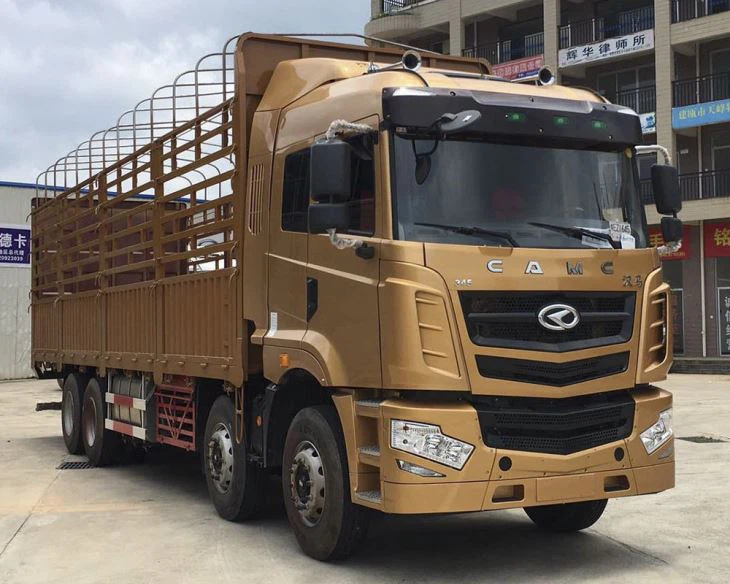When is the Best Time to Buy a Camper? A Comprehensive Guide

Are you considering purchasing a camper for your next adventure? Understanding when to buy is crucial for making a wise investment. In this article, we will explore the best times to buy a camper, factors influencing pricing, and tips for getting the best deal. A well-timed purchase can save you money and ensure that you get the camper that meets your needs.
Understanding the Camper Market
The camper market is diverse and ever-changing. Various factors affect the availability and pricing of campers, including seasonal demand, economic conditions, and customer preferences. By understanding the market, you can better gauge when is the best time to buy.
Types of Campers
Before diving into when to buy, it’s important to know the different types of campers:

- Travel Trailers
- Fifth Wheels
- Motorhomes
- Pop-Up Campers
- Truck Campers
- Vans and Class B RVs
Factors Influencing the Best Time to Buy
Several factors can affect the timing of your camper purchase:
- Seasonal Demand
- New Model Releases
- Dealer Incentives
- Economic Conditions
- Inventory Levels
The Best Seasons to Buy a Camper
Spring: Ideal for Expanding Selection
Spring is typically one of the best times to shop for a camper. As the weather warms up, dealerships begin to stock up on their inventory, and new models are released. This season offers a vast selection, making it easier to find a camper that suits your needs.
Summer: Peak Buying Season

Summer is peak camping season, which can result in higher prices due to increased demand. However, some dealerships offer discounts on certain models during mid-summer to clear out inventory, making it worth exploring during this time.
Fall: The Best Time for Discounts
Fall is often considered the sweet spot for buying a camper. Many dealerships are looking to clear out their inventory before winter, leading to substantial discounts on previous year’s models. You might also find some rental units for sale during this time.
Winter: Off-Season Opportunities
Winter is the off-season for campers, and many dealerships offer incredible discounts to keep their sales up during these slower months. You’ll have fewer options available, but if you’re flexible with your needs, the savings can be significant.
| Season | Pros | Cons |
|---|---|---|
| Spring | Large selection; new models available | Higher prices due to demand |
| Summer | Possible mid-summer deals | Peak season prices |
| Fall | Great discounts; clearing inventory | Limited selection |
| Winter | Lowest prices; less competition | Limited inventory; fewer choices |
How to Effectively Shop for a Camper

Research and Compare
Start by researching different types of campers to determine which model suits your needs. Visit various dealerships and online marketplaces to compare prices and inventory. Websites like RV Trader and Camping World can provide valuable insight into market prices and trends.
Consider New vs. Used Campers
Deciding between a new or used camper can significantly impact your budget:
- New Campers: They come with warranties and the latest features, but they are often pricier.
- Used Campers: Typically more affordable, but may come with hidden issues. Always conduct a thorough inspection.
Timing Your Purchase
Once you’ve done your research, set a timeframe based on your findings. If you’re looking to save, plan to make your purchase in the fall or winter when deals are more abundant. Timing your purchase around the off-season can yield significant savings.
Negotiation Strategies
Understanding Pricing Strategies
Dealers often mark up prices based on demand, but being informed can help you negotiate effectively:
- Research local prices to understand the fair market value.
- Be aware of seasonal trends when negotiating pricing.
Inquire About Promotions
Dealerships often run promotions during certain times of the year. Inquire about any ongoing promotions or upcoming sales events to maximize your savings.
Timing Your Offer
Make your offer at the end of the month when salespeople are trying to hit their targets. This strategy can lead to better deals as they may be more inclined to negotiate to make a sale.
Financing Your Camper Purchase
Exploring Financing Options
Consider various financing options available for purchasing a camper:
- Bank Loans
- Credit Unions
- Dealer Financing
- Personal Loans
Setting a Budget
Establish a clear budget before shopping. Account for insurance, maintenance, and storage costs in addition to the purchase price. A realistic budget will guide your purchasing decisions effectively.
Practical Tips for Buying a Camper
Inspecting the Camper
Always inspect a used camper thoroughly. Here are some critical elements to check:
- Exterior and interior condition
- Pipes, electrical systems, and appliances
- Tires and brakes
Test Driving
If you’re considering a motorhome or drivable camper, always take it for a test drive. Assess handling, visibility, and comfort during your drive.
Ask for Maintenance Records
For used campers, ask the seller for maintenance records. A well-maintained camper is likely to perform better and have fewer issues down the line.
FAQ Section
1. What month is the cheapest to buy a camper?
Typically, the best months to find deals are in October and November, as dealerships are looking to clear out inventory before winter.
2. Should I buy a new or used camper?
The choice between new and used depends on your budget and preferences. New campers offer warranties and modern features, while used campers are more affordable but require thorough inspections.
3. Are there any hidden costs when buying a camper?
Yes, hidden costs can include insurance, maintenance, registration fees, and storage. It’s essential to factor these into your total budget.
4. Can I negotiate the price of a camper?
Absolutely! Many dealerships are open to negotiation, especially during the end of the month or when trying to clear inventory.
5. Is it necessary to get a warranty for a used camper?
While not mandatory, having a warranty for a used camper can provide peace of mind and cover unexpected repairs.
6. How do I find the best deals on campers?
Research various dealerships, check online marketplaces, and look for sales events, particularly during fall or winter for the best deals.
